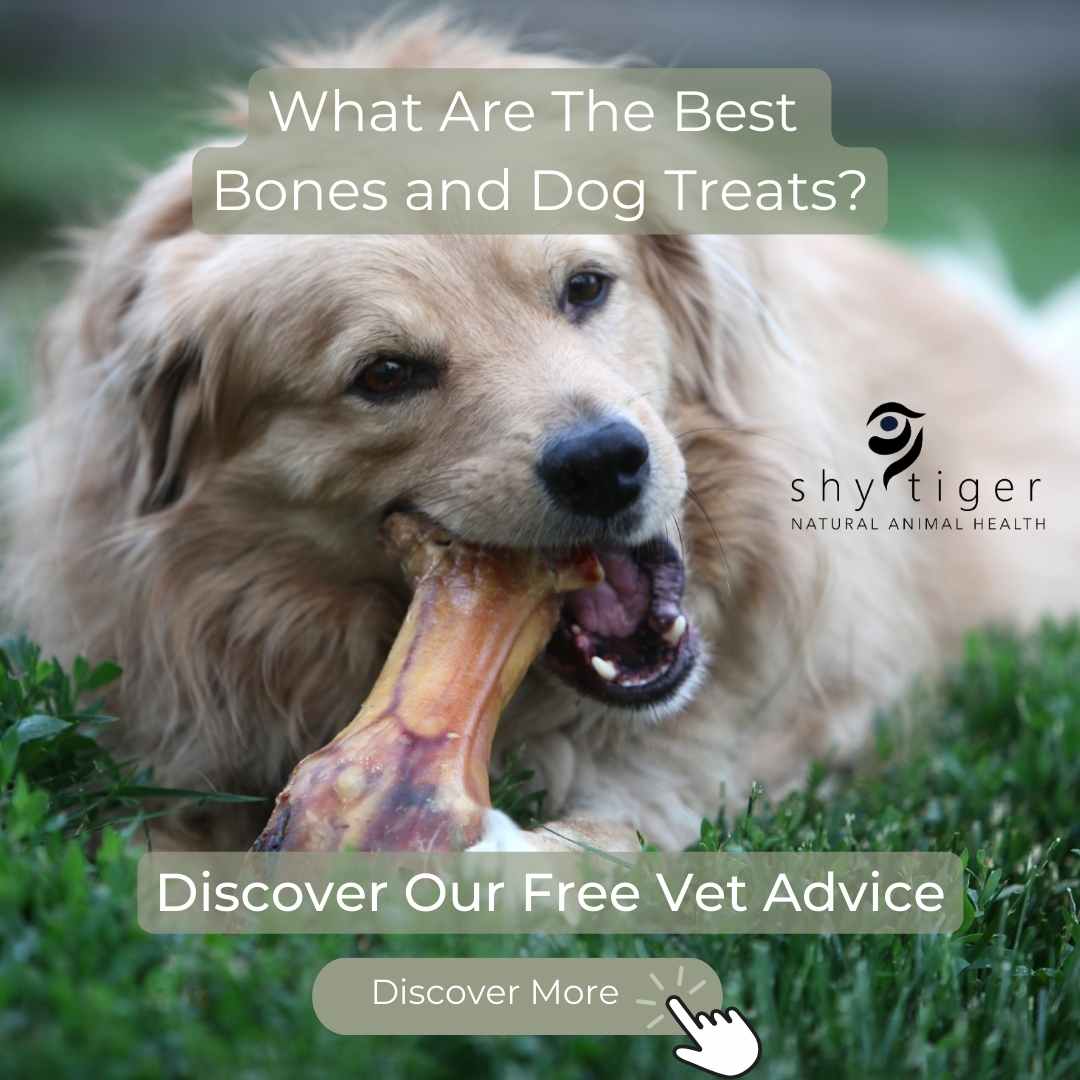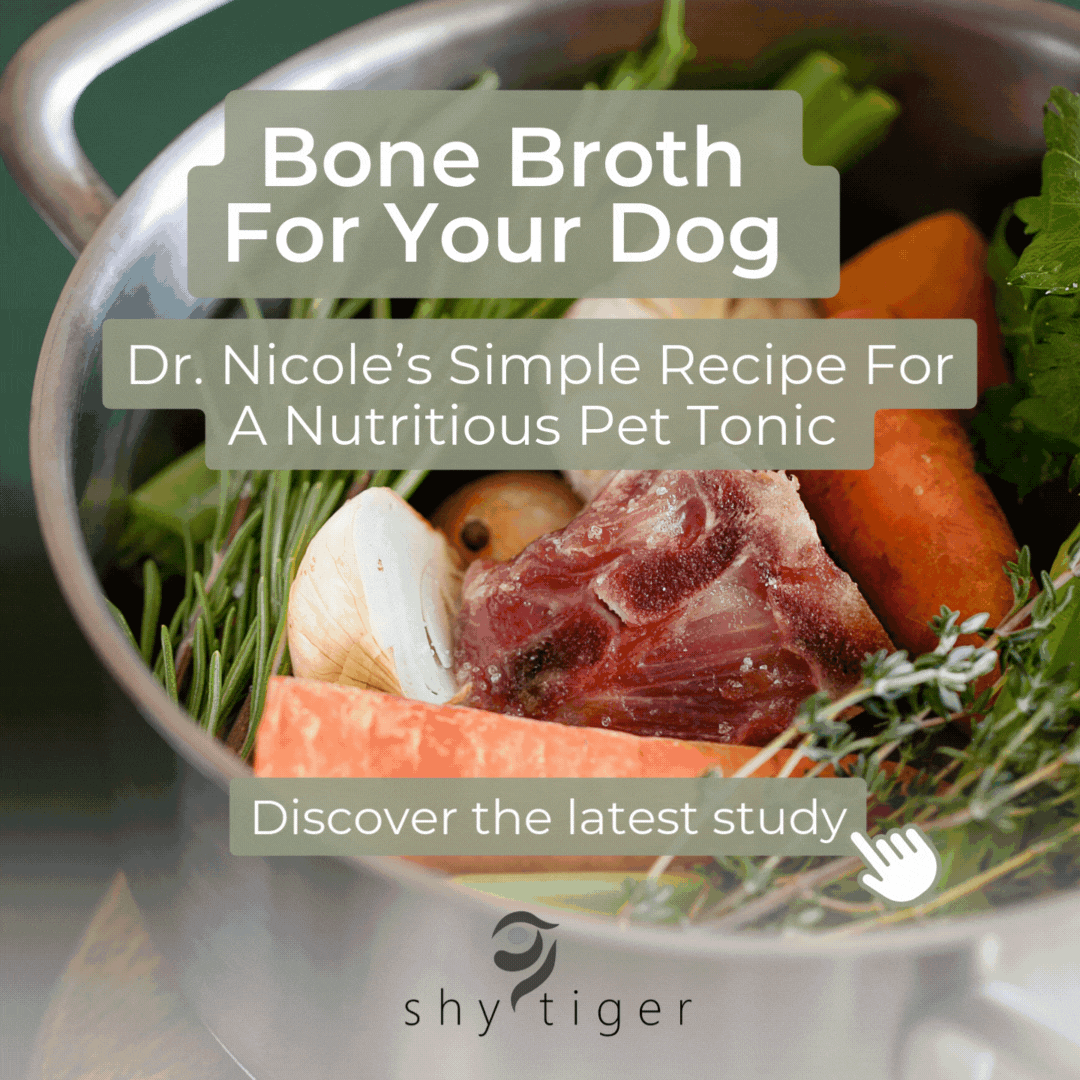What are the best bones and dog treats?

Feeding of bones has become a controversial topic, especially over the past few years. You’re either pro bones or anti-bones. Pro-bone people tend to recommend bones for dental prevention, nutrition and behavioural stimulation and anti-bone people tend to recommend avoiding bones due to the risk of breaking teeth, infection, choking or getting a bone stuck plus dietary sensitivity (some dogs can become constipated or get diarrhoea if the bones don’t agree with them).
I’m personally pro bones on a few conditions.
- The appropriate size bone is given for life stage and weight.
- They’re only given raw bones (not cooked) and never cut.
- They’re supervised and fed apart from fellow dogs.
- No children are around.
- Owners accept the risk of teeth breaking.
- They don’t have underlying gut issues.
- They are from an excellent quality source (preferably organic), fresh and not left lying around (contamination risk).
Although no raw bones are without an element of risk, raw chicken frames have been recommended by many professionals. Your dog has to work around the cartilage so will use most of their teeth in the process. Similar alternatives include turkey necks or tails. Both these options are suitable for all size breeds and ages as the cartilage should not break teeth.
Once they’ve developed adult teeth you can consider beef brisket (ribs) or lamb, kangaroo tails or front legs or similar.
The main bones to avoid are the large, weightbearing bones. They are a much higher risk of breaking teeth and, as mentioned in a previous page, dogs are facultative carnivores and wouldn’t have naturally chosen these so their teeth aren’t designed for them. Also take care with small sharp bones that might be swallowed whole.
Other bones to avoid include cooked bones and cut bones. Both can splinter and cause a surgical emergency. Smoked bones from pet stores are another controversial topic. There’s a lot of vets that would recommend avoiding them as there’s many instances where they’ve resulted in surgery. There’s also many that have chemicals or other synthetic additives. I believe there’s some stocklists and some situations where they’re ok, for example, I have a 4kg dog and she loves chewing some smoked bones but I ensure they haven’t been cut, they’re from a reputable supplier and I also supervise her. Would I give the same to a Labrador – no!
Dog treats on the whole have a bad reputation for a good reason. Most of them are made from synthetic material, covered in chemicals and also imported – all very far from healthy dog treats. Some of the best healthy dog treats you can give your dog are pieces of dehydrated meat. Or choose some of the dehydrated dog food and use pieces of that as treats. Vets are renowned for using dried liver in the consult room – these things, like most treats are ok in small doses but may be too rich as cause upset stomachs if offered too much. There’s also lots of healthy recipes online for healthy dog treats – some great healthy little biscuits and gummies!




Leave a comment